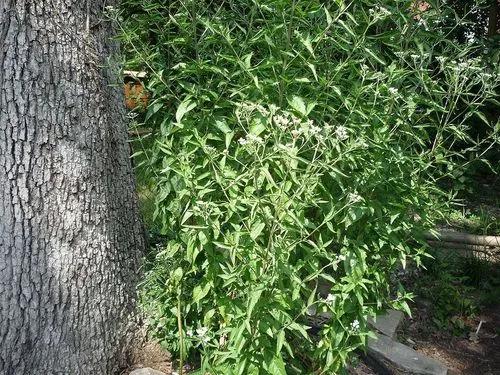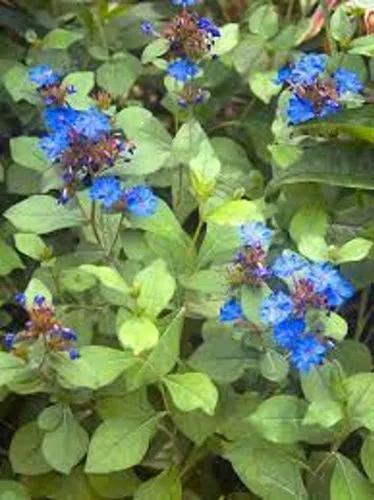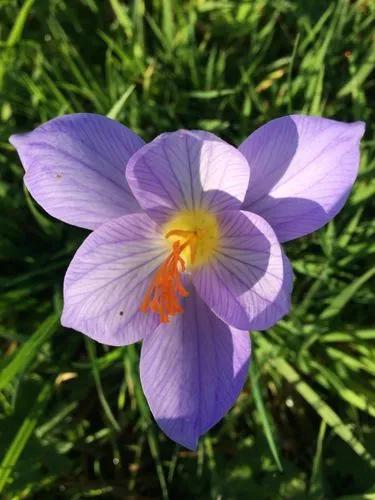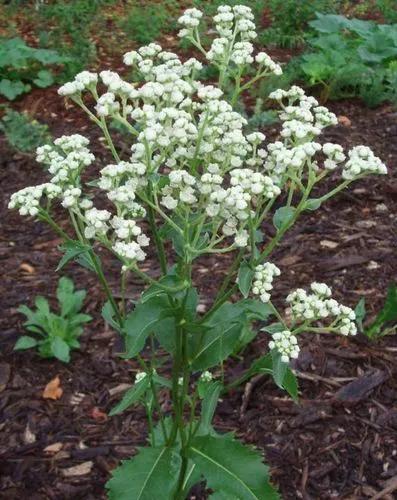Viola arvensis is a species of violet known by the common name field pansy. It is native to Europe, western Asia, and North Africa, and it is known on other continents as an introduced species and a weed of disturbed and cultivated areas. Viola arvensis was shown to contain cyclotides, a class of peptides found in plants. The peptide cycloviolacin O2 in particular has shown to possess cytotoxic activity against human cancer cells and is therefore looked at as a potential drug lead.
Field Pansy Care
Viola arvensis



What is the plant
It is an herbaceous annual plant with serrated leaves, and usually flowers with white all over, except the bottom petal (Although there are actually flowers with a tinge of purple at the top) and dehiscent capsules. It reproduces by seed. It grows 20 centimeters tall.
How to get rid of: Wild violets can be removed by hand, especially if you regularly inspect your lawn to control the plant before it spreads. But sometimes this weed calls for the use of chemical herbicides for complete eradication.
How to Care for the Plant

Popularity

517 people already have this plant 57 people have added this plant to their wishlists
Ease your plant care routine with PlantIn's personalized system.
What's wrong with your plant?
Related Plants
Discover more plants with the list below
Popular articles






